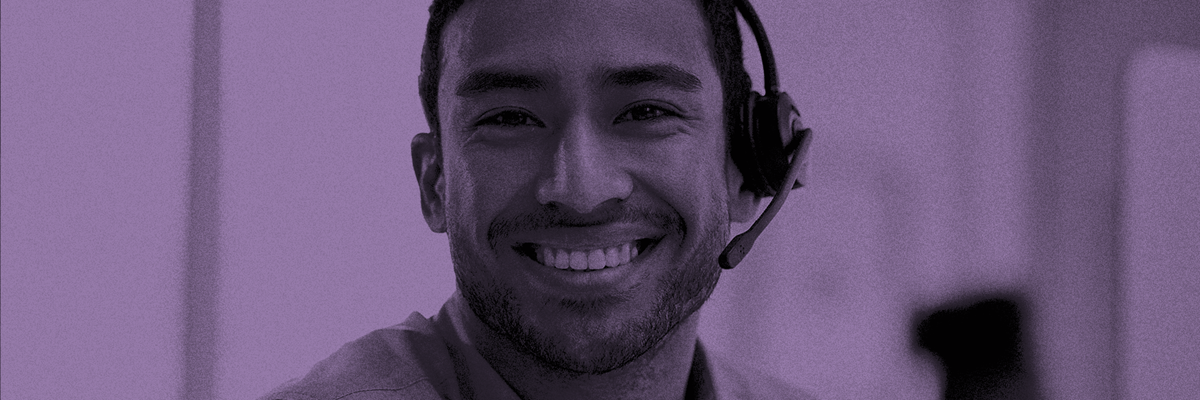Stay electrically safe at university
For many students, adjusting to new living arrangements isn't easy, especially if living in a rented property and sharing with lots of others.
There can be many hazards that you may not be aware of but following our simple tips can help you settle in and stay safe.
- Make sure there are no overloaded sockets or extension leads. This could cause overheating and even a fire.
- Check how the appliances supplied with the property are set up when you first move in. All appliances, whether provided by your landlord, or brought by yourself and your housemates, should be registered.
- Ensure that your property is fitted with a working smoke alarm. Test the alarm upon arrival in your house and again at regular intervals. Change the batteries when needed.
- Don’t do any electrical repair work in the property yourself, even if your landlord asks you to. Fixing electrical problems is the landlord’s responsibility and they should employ a registered electrician to do it.
- Keep the top of your microwave clear, don't put anything on it as this can cause it to overheat.
- Don’t cook after drinking alcohol. Your response rate will be a lot slower. This means you are more at risk of leaving ovens and hobs unattended as well as suffering burns.
- Regularly check that all electrical appliances in the property are in proper working order and do not show any signs of damage or age. Things to look out for include cuts or abrasions to the cable, non-standard plugs, loose parts or screws and signs of overheating or burning.
Your landlord's responsibilities:
- Your landlord is legally obliged to ensure your home is electrically safe. Keep an eye out for constant tripping of fuses, flickering lights, and scorching around sockets. Our visual checks tips can help you with this.
- If your property uses gas, your landlord is legally required to provide you with a gas safety certificate. Make sure you see a copy upon arrival.
- Landlords should get an Electrical Installation Condition Report at least every five years or on change of tenancy. This inspection and testing of your home's electrics should always be carried out by a registered electrician.
- Any electrical work should meet the UK national standard BS 7671. Your landlord should have a certificate to show this.
- If you report an issue to your landlord and they refuse to put the situation right or ignore your request, contact your local authority as they can ensure a landlord is meeting their legal obligations and take enforcement action against them.
